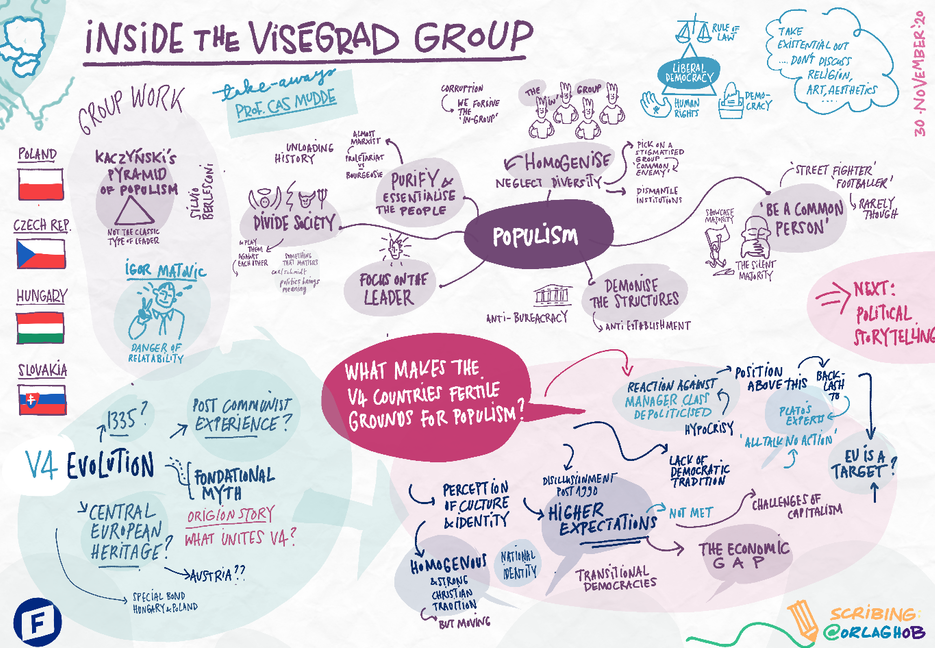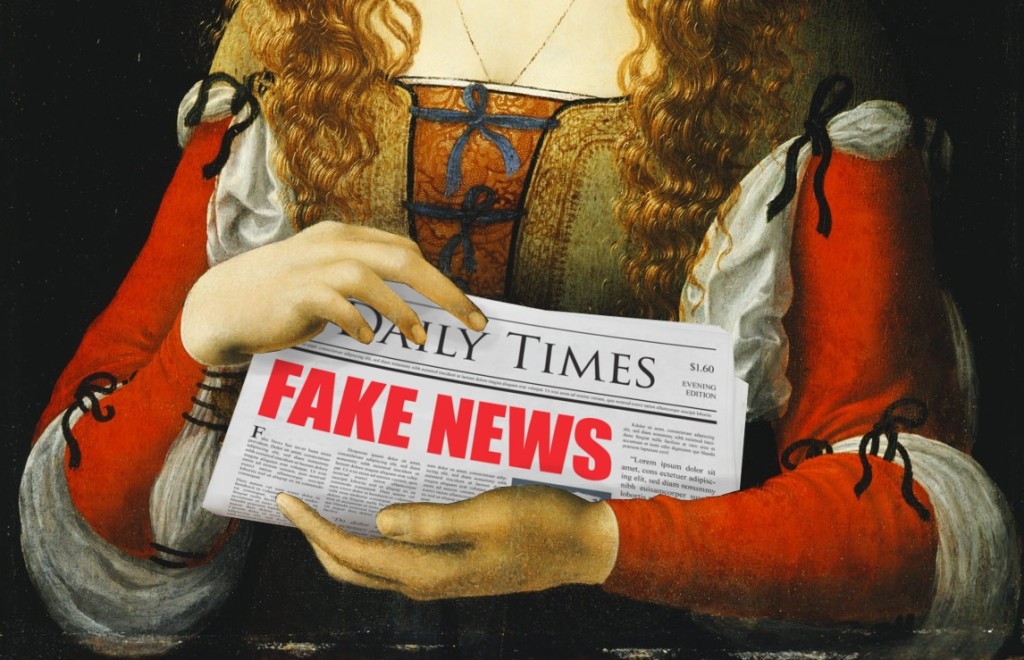
REVIEW #15: Self-Sufficiency in Slovak Agriculture: Pipe Dream
In Slovakia, the agricultural policy over the last years has been focused on increasing food self-sufficiency. Already in 2014 the Ministry of Agriculture, under the leadership of Ľubomír Jahnátek, aimed to increase the food self-sufficiency rate to 80%.








